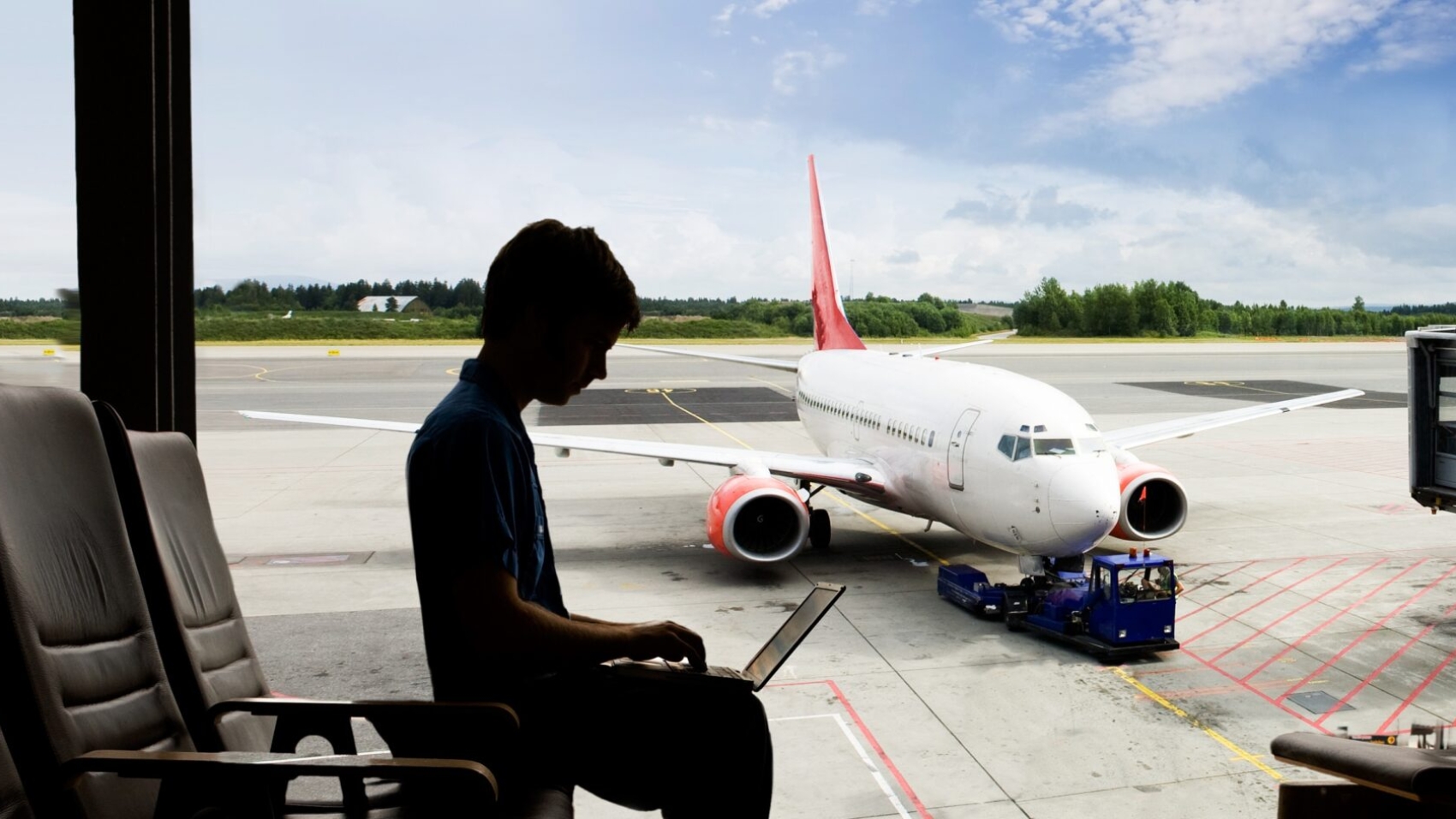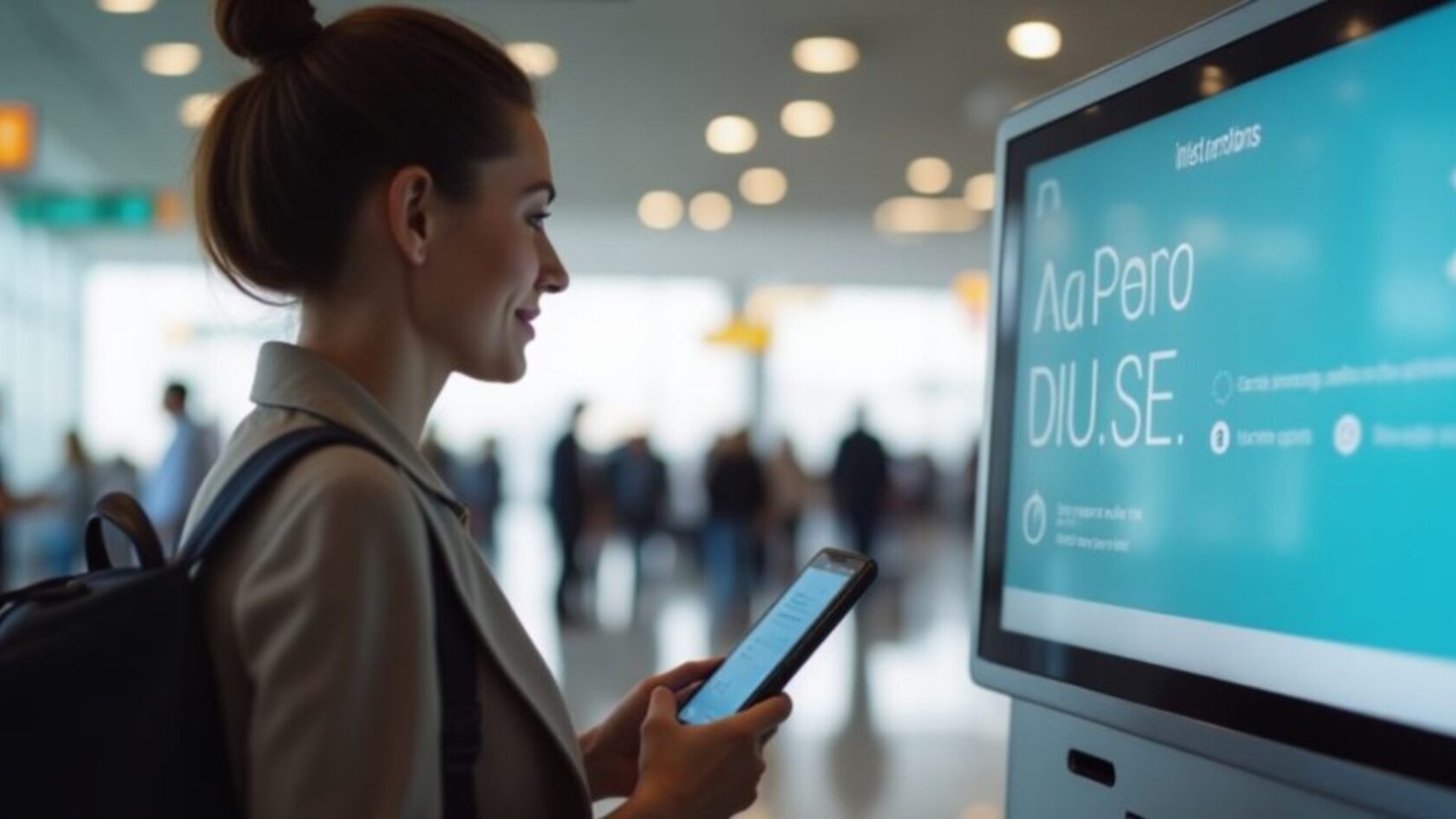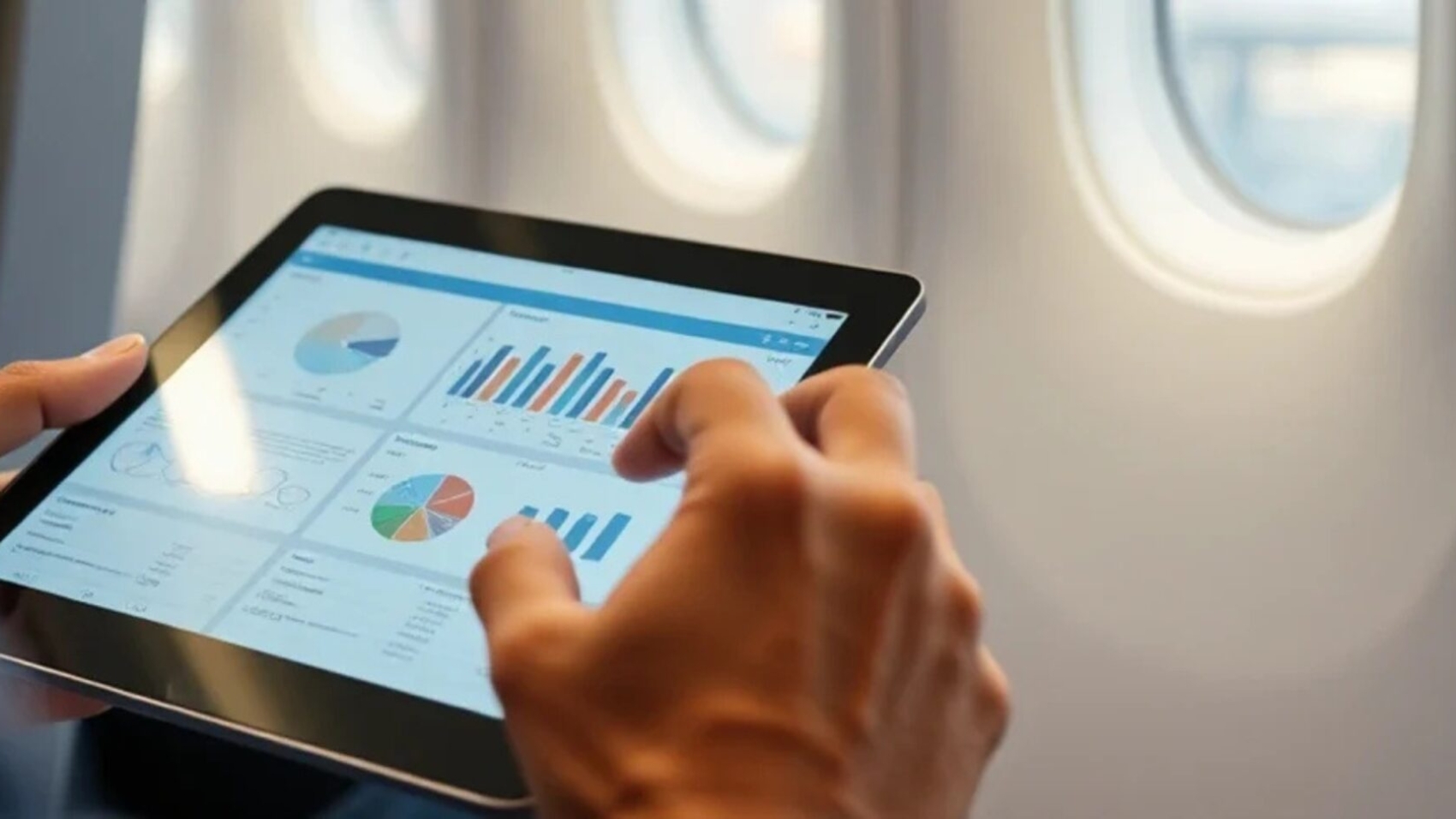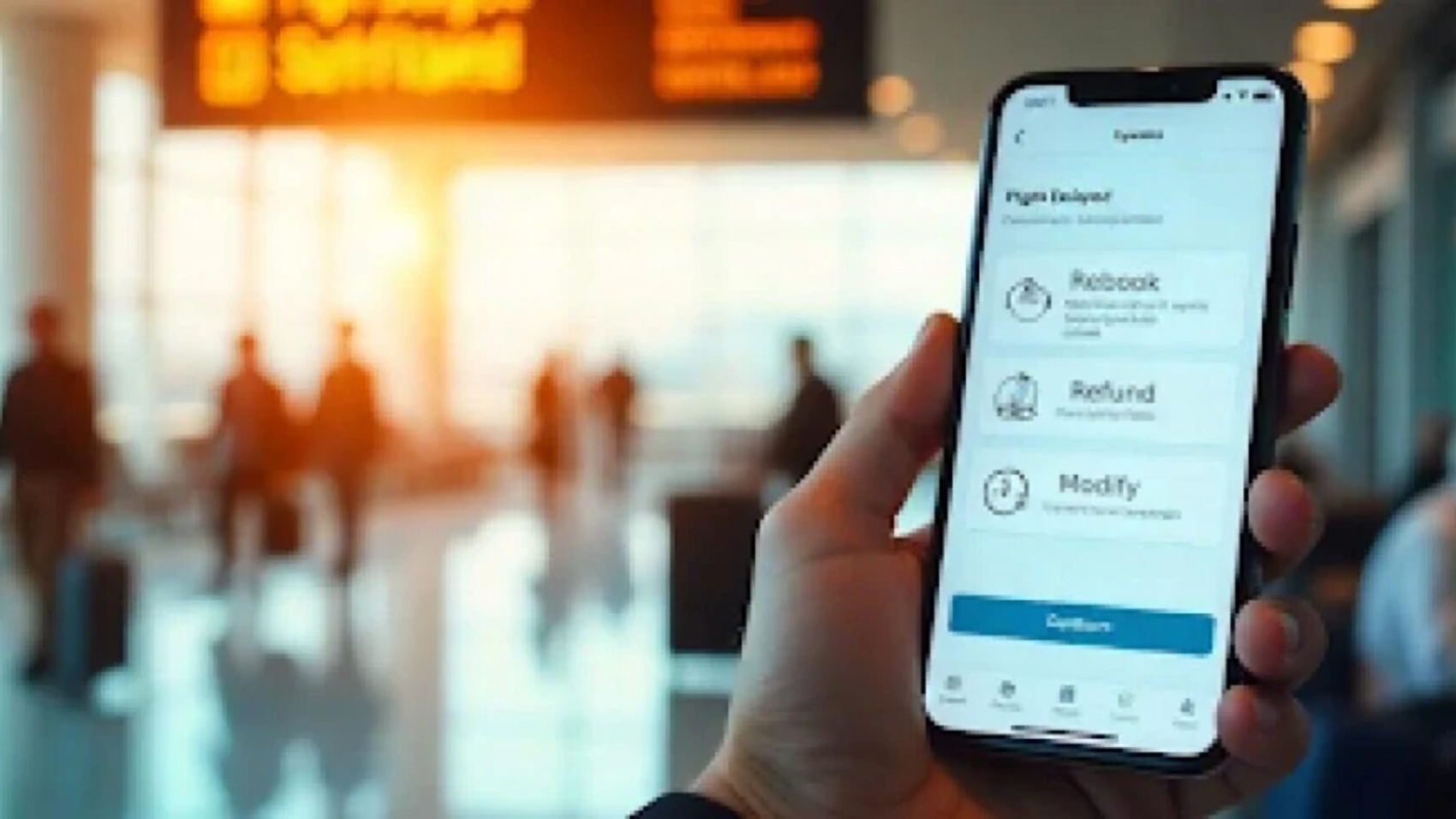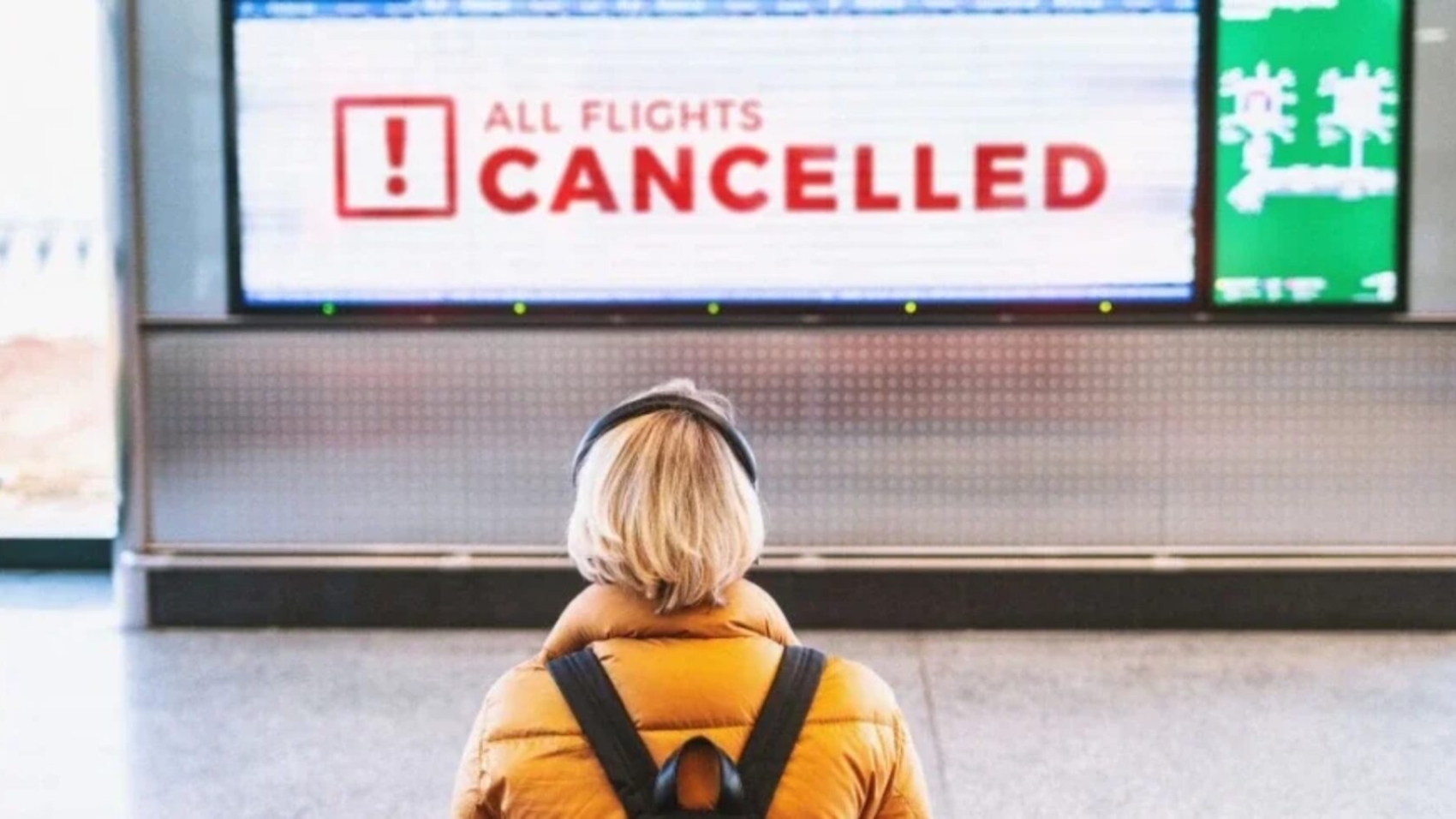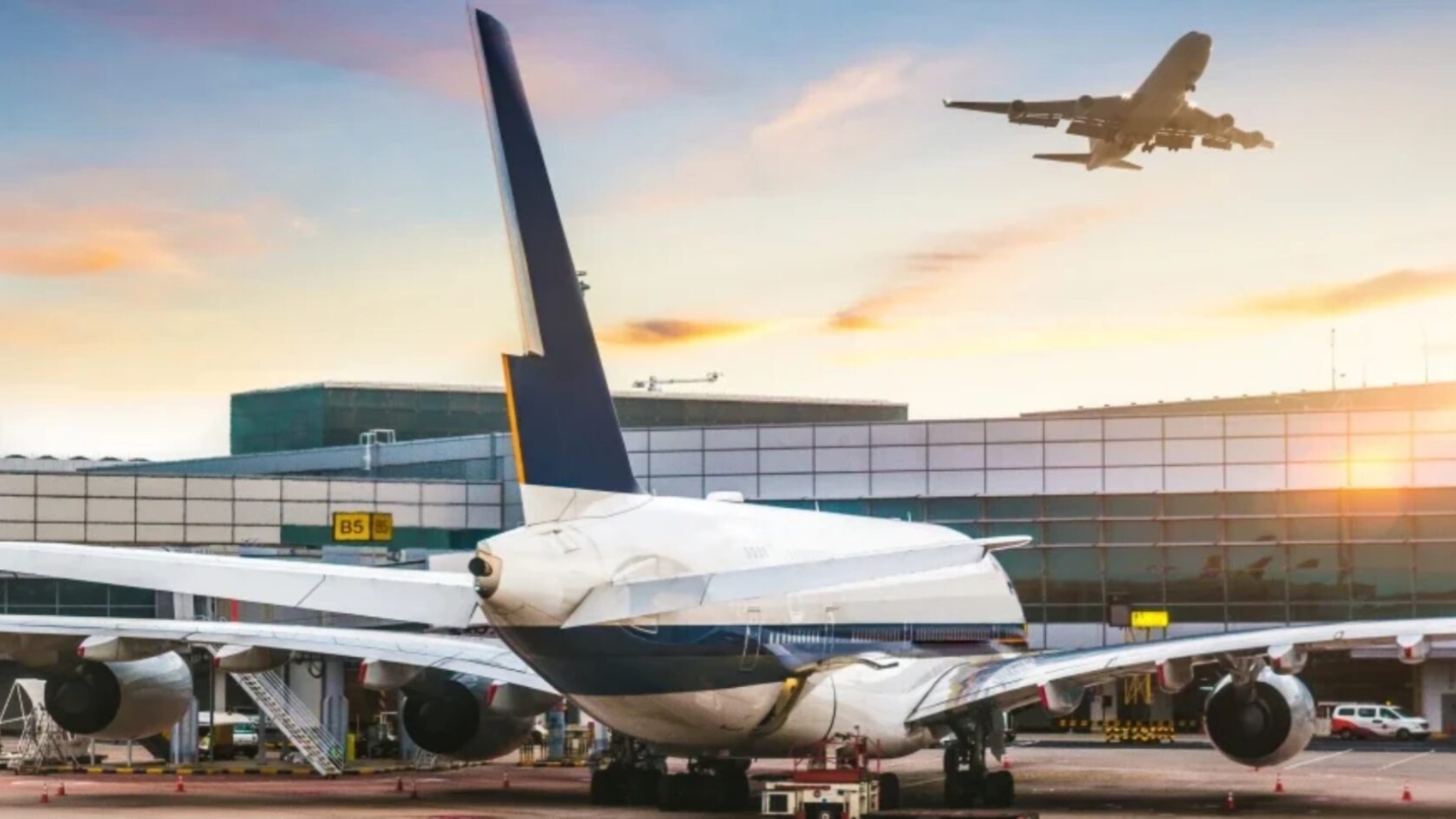“If you want to be a Millionaire, start with a billion dollars, and launch a new airline.”
This quote from Richard Branson perfectly encapsulates how volatile the airline industry is. There is simply no telling when an airlines’ operations will be disrupted due to unforeseen reasons.
Given how much money this costs the aviation industry annually ($60 billion) and how much ire it draws from customers, airline disruption management is a topic worth exploring in detail.
As you read, you will be enlightened on:
What Is Airline Disruption?
Airline disruption is when a scheduled flight is either delayed for two or more hours or canceled within 48 hours of its departure time. Every year, millions of passengers (140 million) suffer because of irregular operations (IROPs) of airlines. When flights get canceled, consumers, on average, must shell out $250 per person to rebook their flights. Besides, for every journey, an airline must fork out $4,000 on average when there is flight disruption. Apart from this, there are also other costs to consider, such as passenger accommodation that heighten the loss incurred by the airline.
Owing to the ability of disruptions to drive up airline operation costs through the roof, their effective management has become mission-critical for flight operations over the world. Also, given how unpredictable they are, the aviation industry is yet to reach a point where they can quickly mitigate the effects of a disrupted flight.
The most common causes of airline disruption.
Disruptions are quite common in the airline industry and are caused by a host of reasons, namely:
Air Traffic Control (ATC) restrictions
Only around half a billion passengers took to the skies in the ‘80s. But nowadays, the number exceeds three billion annual passengers. Due to this incredible increase in the air traffic, which also happens to be concentrated in a handful of global hubs, there is always the possibility that a few flights will be delayed.
A key reason for flights being delayed is the regulations that the ATC has for long flights. Flights sometimes must change the route at the last minute due to weather and jet streams, which is further complicated because the airline’s focus is to increase fuel and cost-efficiency.
Further, in places with shoddy radar coverage, flights take longer to take off and land safely, which causes a ripple effect; when one flight is delayed, everything else in the route is affected.
Bad weather
Institutions, such as the FAA or Federal Aviation Authority in the US, are tasked with determining the optimal conditions for a flight to be operated. If these conditions are not met, there may be disruptions. Surprisingly, the weather is not a common reason for flight delays around the world. For the weather to be a factor, it needs to be something severe, such as a blizzard, tornado, or hurricane.
Bird hits
An aircraft’s collision with an airborne creature, usually a bird, often leads to delays in flights. Called bird strikes, this phenomenon occurs 13,000 times every year in the US alone. The primary reason for bird strikes causing delays is that there are regulations requiring airline companies to perform certain procedures once their aircraft have been struck by a bird.
Mechanical issues with the airplane
Technical maintenance delaying takeoff is quite common, as airplanes are subjected to strict evaluations, failing which they will be grounded. Issues that often lead to disruption are fuel contamination, problems with the engine fan blades, parking issues, contamination of the air conditioning system or the drainage system, etc.
Aircraft preparation
Work on the aircraft to prepare it for the next flight starts the moment it lands, which may sometimes cause disruptions in the schedule. While rate, it is certainly possible for a flight to be delayed for something like refueling, cleaning, etc.
Runway obstructions
This may be one of the rarest reasons for a flight being canceled or delayed. An example of this is the turtles obstructing the runway at the JFK airport in New York. The turtles were drawn to the sand surrounding the runway, which was ideal for them to lay eggs.
Miscellaneous reasons
Complaints about airline service, complaints about discrimination, missing luggage, etc. are also issues that lead to airline disruptions more often than you think. Besides, customers might also be made to wait due to missing crew members or missing connecting passengers.
Maximum takeoff weight (MTOW) violations
Before takeoff, airplanes are checked for one crucial thing—whether it complies with the regulations relating to the maximum weight allowed on it.
Protests/strikes
Since the industry relies heavily on professionals with specialized skills, they are largely at the mercy of their employees, such as pilots. When these employees go on strike, like the 2-day-long one organized in September 2019 by British Airways’ pilots, the business can come to a standstill, enraging legions of customers.
Airline disruption’s impact on aviation
Lacking a coherent strategy to deal with disruptions, which are quite common in the industry, can lead airlines to face the following issues.
According to a study by T2RL, disruptions cost the travel industry roughly $35 billion every year. Apart from the ‘hard cost,’ which is paid to the customers for flight cancellations, airlines also must bear a ‘soft cost’ that is the amount the airline will lose in the future owing to a lessening in customer loyalty and trust. Further, there is also the issue of the support staff becoming unproductive in the absence of efficient airline disruption management software.
Social media has become the most preferred location for frustrated customers to vent their unhappiness about various airlines that either had overbooked or canceled flights. A case in point is the fact that United Airlines received a ton of bad publicity due to their attitude towards the passengers of an overbooked flight. Notably, they were the most-talked-about airline between June 11- July 9, 2017, proving how essential proper airline disruption management is.
-
Inability to deal with the rapidly expanding customer base.
It is said that by 2035, the number of people who take an airline for their travel needs will double. This is a steep increase from the roughly 3.7 billion passengers who use the mode of transport. Also, it is said that the Asia-Pacific region will give rise to half the passengers who use airlines in the next twenty years. Presently, twenty percent of flights are delayed, and the effects of disruption are already adverse. When the number of flight user’s increases, there are bound to be even bigger consequences for disruption.
-
Being passenger-centric during disruption
Although there are a lot of complications that an airline must deal with during a flight disruption, it would serve them well to prioritize their customers for the reasons mentioned above. Most customers expect prompt updates about delays or cancellations and failing to do this will lead them to leave bad reviews all through the internet.
To provide passenger-centric service, airlines need to implement multi-channel customer support that is provided by a multi-lingual team that specializes in airline disruption management.
What is airline disruption management?
Airline disruption management involves providing customers with real-time updates on cancellations and delays in their flight schedule and enabling them to rebook or get a refund on their tickets during flight disruptions either on their own or by interacting with a customer support representative or chatbot.
From the previous section, it must be clear that handling disruptions without much escalation from the customers is a crucial aspect of ensuring an airline’s sustained success. Here are a few means employed by airlines to ensure that customers can access quick support or even help themselves if they choose to.
Means of providing stress-free customer support during disruptions.
Social media
Even in this digital age, many airlines use social media only for promotion. They spam customers incessantly with news of discounts and new destinations that they cover. However, what they are missing is the potency that social media has for effective disruption management for airlines. With the right strategy, companies can leverage social media to inform customers about irregular operations (IROPs) promptly. Also, the airlines can respond to feedback given by customers.
A few things to bear in mind while dealing with clients on social media are:
- Speak with clarity.
- Speak with empathy.
- Speak with honesty.
When this is done, the customers feel like they are in control of the situation and that you are doing everything in your power to address their plight. Already, large players in the airline space, such as Southwest Airlines and Qatar Airways have a dedicated team to address their customers’ concerns on social media.
Chatbots
In the travel industry, chatbots are already the rage. Travel firms have already started answering customer queries via Facebook Messenger and other social media platforms where chatbots are enabling them to respond promptly to the customer after automatically going through their details.
The rise of chatbots has enabled companies to free up their customer support staff and use them only for customer requests that are beyond what the chatbot can handle. Amazingly, the chatbots of today can make reservations and answer frequently asked questions
Airline companies have a great opportunity to employ these intelligent chatbots for offering customer support via online messaging apps. This is because customers will overwhelmingly prefer to use an interface that they are familiar with when it comes to customer support rather than download a new app.
For airline disruption management, chatbots can be of immense use in responding to customer messages rapidly, informing them of delays and cancellations, and updating them of alternative flights. In addition to getting communication from the company, the customer can use the chatbot to book/rebook tickets, seek a refund, find a place to stay, etc.
SMS
Another way to empower customers through real-time and personalized notifications is through SMS. Real-time alerts can be sent to customers about severe delays, which will stop the customers from arriving at the airport too early.
Due to the versatility of this channel of communication, airlines can directly interact with customers, track down individual passengers, and thereby minimize the effects of airline disruption. Moreover, it can be used to alert passengers if they are late, provide them with details on how to reach the gate, how to use the self-check-in systems and alert customers of modifications to any relevant flight information.
This is also a great way for airlines to save on time and money by avoiding the large influx of calls into customer care as the result of a disrupted flight.
Airline Disruption Management Software Par Excellence for Airlines’ Stress-reducing communication with customers
Provide your customers with a hassle-free rescheduling, rebooking, or cancellation experience by leveraging the power of our advanced AI chat-bots and self-service portal. When it comes to dealing with airline disruptions, Voyager Aid brings you enhanced agent productivity, self-service, and customer satisfaction.
When there is any disruption in the airline schedule, your clients will be instantly notified via personalized email and text. From there, your clients have the option of rebooking, rescheduling, or availing a refund to the payment method of choice—all in a seamless manner.
Features of Voyager Aid Airline Disruption Management Software
Do not lose out on customers, revenue, and operation efficiency because of delays in notifying customers of airline disruption. Keep your customers informed of flight cancellations and delays and cater to all their airline disruption-based needs with these amazing features:
-
Easy to use integrated booking engine.
Due to the solution’s integration with the reservation system, your customers have the luxury of rebooking or getting a refund on their tickets on the same platform. It does not matter where the request came from; whether it is email, Chat, phone calls, websites, or social media accounts, Voyager Aid can bring it all under one platform for your team to deal with.
-
Unparalleled user management and smart ticketing system
Seamless user management allows you to create and manage different users with distinct privileges based on your need. Given how efficiently our software sorts the complaints based on the type, you can also provide exceptional support to your customers with a small team, saving you a lot of money.
Owing to the smart ticketing system, you can further avoid the embarrassment of having two different agents answering the same ticket—the system detects and warns you if two agents are occupied with the same request.
-
AI-powered chatbot for effortless Airline Disruption Management
Our airline disruption management solution is equipped with powerful AI that instantly caters to your customers’ needs based on the query. Notably, your customers can have their complaints, feedback, and queries attended to using an agent or a robot no matter what channels they are using to reach you. Due to the software’s ability to send messages that are tailored to the mood of the customer and the exact grievance, your team is assured to be hyper-productive.
With the intelligent system that can automatically send messages and create tickets, you will never miss an email or message from your customer. Save substantial amounts of money on manpower and soft costs resulting from the lack of trust that will come because of bad customer service.
-
Advanced reporting features to gauge customer satisfaction and support team performance
To bolster your airline disruption management efforts over time, Voyager Aid provides you with customizable reports and a live interactive dashboard of your agents’ performance, and details of how satisfied the customer was with the interaction. Cost-effectively, you can also track the status of customer requests at any stage.
Moreover, you can accurately track the SLAs set by various customers and even put your customer support data to good use for creating the optimal experience for your customer.
-
Comprehensive knowledge base
With Voyager Aid, you can store, manage, and disseminate vital information within seconds to your customer, clarifying their pressing queries.
Make your agents’ life easy and serve customers with quick and automated responses. Using the knowledge base that includes how-to guides, use cases, travel advisory, etc., you can instantly give your customers what they are looking for when it comes to commonly asked questions. You can further personalize these canned responses with the customers’ names and ticket status.
Undoubtedly, this will drastically bring down the number of customer complaint calls and emails. As your company grows, you can expand on your knowledge base to provide customers with the best possible resolutions.
Benefits of streamlined airline disruption management for airlines and customers.
- Both the crew and the passengers are more satisfied.
- With the right disruption management solution, airlines can leverage real-time flight data and crew schedule data to map out the effects of the disruption.
- Seamless scalability based on the requirement is another highlight.
- Further, airlines have the option of providing the support that their customers require, i.e. it is flexible.
- There are also huge cost savings that occur because of using effective airline disruption management software according to IATA Research.
- Also, the airline can make better decisions that are crew and passenger-friendly.
Conclusion
According to a whitepaper by Forbes Insights and Sabre, leveraging newer, more potent technology for customer experience and operational performance is at the top of the list of priorities for airline executives around the world. As more and more tech-savvy companies enter the fray, airline companies will be increasingly drawn to boosting customer loyalty.
Discover the best-in-class airline disruption management software specially designed to delight your customers.
.
